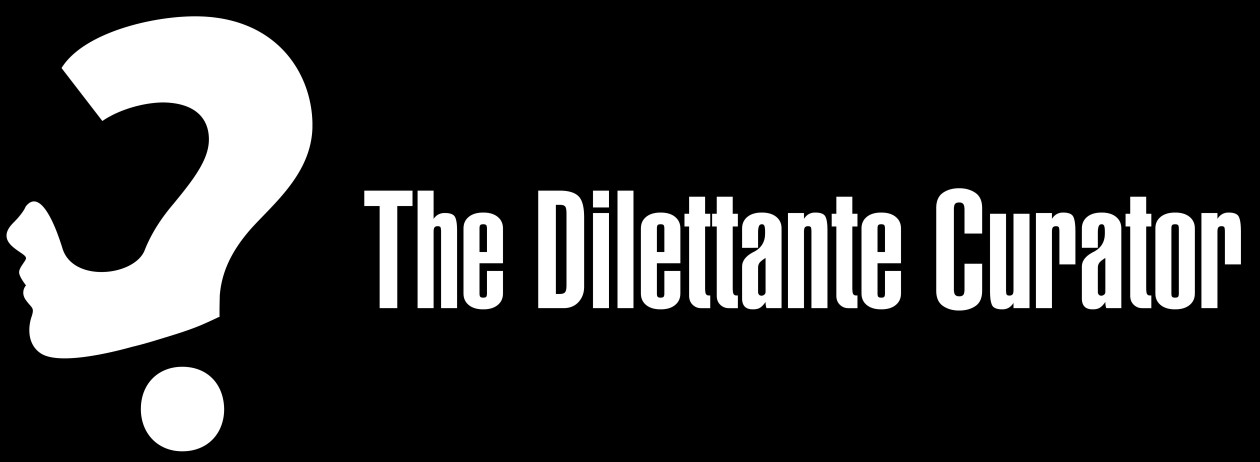
The safety of the human race is defined by the well-being of the weakest and most vulnerable members of our society
Looking out of the window is depressing – yes, I can hear birdsong and see the stars at night but without people, there is no community. And without a community, there is no life as I know it. We will all put up with this for a while, but what comes after?
How do we deal with post-pandemic life? Many have talked about this: we will cope with a sharp economic downturn, our consumption habits will become simpler (a temporary “revenge spending” aside). We may no longer shake hands: namaste or even elbow bumps (ugh!) will be the norm. Reduce wildlife trafficking. Be more conscious of our environmental responsibilities. Debate Universal Basic Income. Ponder the transience of our status and our health.
In my opinion, the most important realisation is that the health and safety of the human race is defined by the well-being of the weakest and most vulnerable members of our society.
The magic bullet of self-isolation and social distancing is not practical in most urban ghettos and for those who have to go out to earn a daily wage. Regular handwashing is a joke where people walk miles to collect water for cooking. Lower immunity and co-morbidity are caused by lack of access to basic health care. Sprinkle the virus on these conditions and we truly have a bomb that has exploded.
With 10% of GDP as emergency injections; economic stimulus and humanitarian aid have their place. But is it not an urgent and more sustainable response for governments, institutions and society to prioritize spending on basic sanitation and healthcare?
Are bullet trains now needed in India when running water is not available in slums like Dharavi? Singapore, after leading the word in the effectiveness of its response, lost its place in the sun when the “blind spot” came into sharp focus: hundreds of thousands of migrant workers in conditions that were a petri dish for the infection. In the USA 27.5 million people lack basic medical cover in 2018; now with unemployment at 26 million it is bound to be much higher. Is it surprising then that lower-income African Americans and Hispanics have been disproportionally affected?
The ethics of outcome-driven Utilitarianism is widely discussed in this public-health crisis: should older people sacrifice themselves so that the rest can get on with economic activity? How should scarce life-support systems be allocated; is first-come-first-served morally tenable? I would extend this calculus to say that health of the underprivileged is the most important priority in the coming years: sacrifice other spending choices so that the world economy does not ever grind to a halt again: “the greatest good for the greatest number”
The COVID-19 crisis will pass but an estimated 650,000 to 840,000 unknown viral species capable of infecting humans lurk in wildlife. We have to avoid a Malthusian correction which does not discriminate between the heir to the throne and the handyman, between prime ministers and push-cart vendors.
This is far more than an altruistic concern for the underprivileged:“Human institutions depend for their existence and stability on the impulse of self-preservation and its close associate, the fear instinct.”
As I continue to gaze out of the window I hope I will soon see my community out and about with optimism and determination instead of emptiness, fear and vulnerability,.

Interesting insights PV … the world is at the crossroads and so is India . New opportunities & pathways should enthuse us for a brighter future in this journey .This is a Challenge!
Hi Bhaskar, I finally read your post and here are some comments. It seems like you’ve chosen to take a very anthropocentric view of the situation with the world as the pandemic rages. My view is that humans have become a scourge on the planet as we drove hundreds of thousands of species to extinction in order to try to satisfy our collective (if unevenly satisfied) needs. In fact, I’d submit to you that only a purging of this insatiable species (humans) through such means is likely the only way to give a break not just to the environment and all other species to get a breather. As inhumane as that might sound, can you realistically, sincerely disagree that we are on a disastrous path even for ourselves (humans) let alone the health of the rest of the planet ? We had this coming and saving even a couple of billion humans is not worth it if it comes at the cost of a million species (not just creatures) and at the cost of the environment and the health of the planet.
Swami